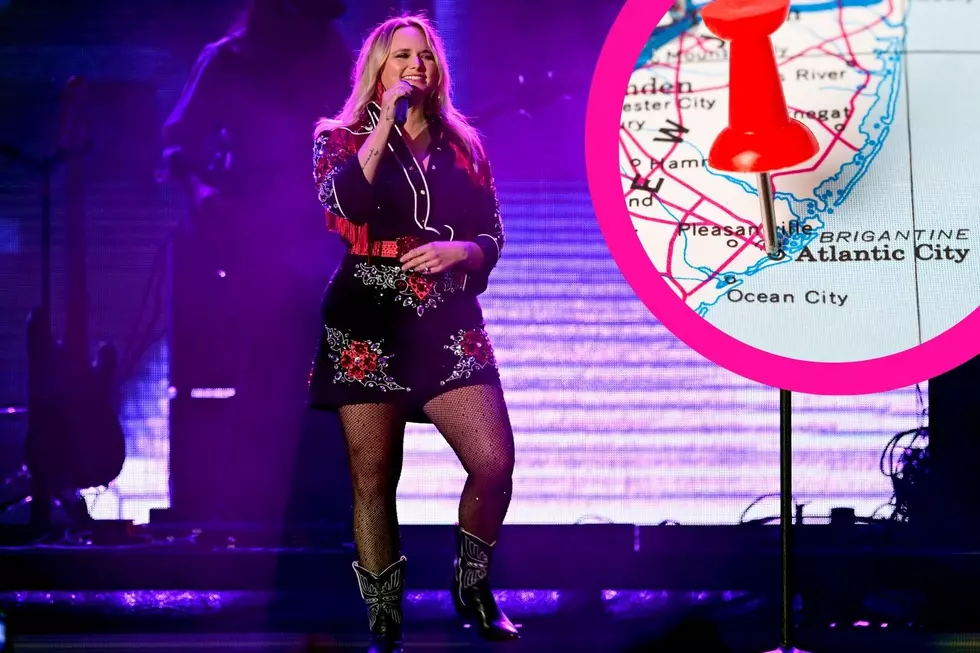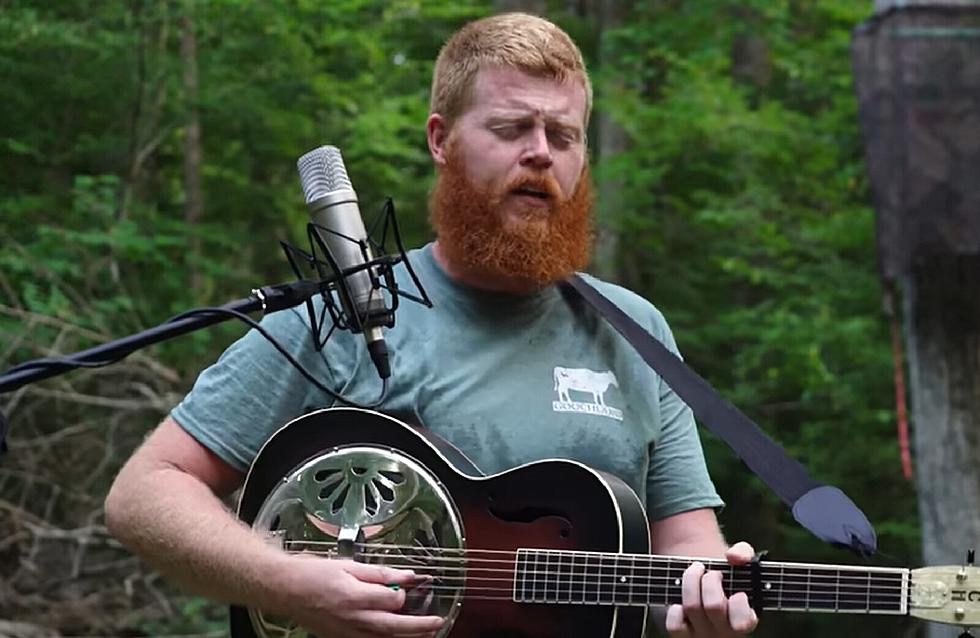Story Behind the Song: Tim McGraw, ‘I Called Mama’
"I Called Mama" reminds Tim McGraw of his mom, but it's not exactly about his mom. Lance Miller, Marv Green and Jimmy Yeary wrote the single, which the country star describes as a reminder of the healing power of the voice of someone who loves you.
McGraw released "I Called Mama" as a single on May 8, 2020, but when he recorded the song, he wasn't anticipating it would be anything more than an album cut. The universe had other plans, though: The singer and his team heard the final, mixed and mastered version of the song for the first time during the novel coronavirus (COVID-19) pandemic, and it spoke to them in a much broader way. Making it a single made perfect sense.
Below, McGraw shares the story behind "I Called Mama" -- his first impressions of the song, how a global pandemic turned it into a single and how he fought through his first time singing it for his wife, Faith Hill -- in his own words.
It was sort of unexpected in a lot of ways because I cut the song before all of this [COVID-19 quarantine] stuff happened ... to add to the album I've been working on for awhile, and it's been just slowly cutting songs and mixing them and remixing them and putting music together. And I found these songs I wanted to go in and get done before the summer came and the [2020 Here on Earth] Tour came, and "Mama" was one of them ...
When I first heard it, Lance Miller -- who's a really good friend of mine, one of the writers on it -- he sent me the worktape demo of it. I fell in love with it right away, certainly because of what it says on a personal level about, you know, everybody loves their mama, so to talk really specifically about calling your mom and everything that is said in it made a lot of sense to me.
But then when all of this sort of upheaval in the world came along, it really started making more and more sense that this song really meant a different thing in a lot of ways. There was a lot of carrying a lot of weight along with it, and as you listen to it and you think about the personal level, but that's something that's sort of existential in a way that speaks to things that are going on outside of what the song is saying, and to have a personal song that's something that big when you look at it from a different perspective when the world changed, it was hard to ignore. It was hard to not want to pay attention to the song being, for me, a sort of catharsis during this time.
And I hope that's what it means, and I hope that's what it feels like to people when they hear it, 'cause for us, during all this stuff that's going on and being at home together and hanging out, there's been a lot of, sort of, nostalgia that's come along with that ... so those are the kinds of things that this song reminds me of. And then, in a bigger view, it reminds me of our humanity in a lot of ways, and how we're all connected and how we all should reach out more and connect with each other.
So, you know, there's a lot of terrible things going on, and it's been hard for a lot of people ... but, hopefully, the silver lining in all this is we learn how to connect with each other a little bit differently, a little better, and maybe that'll extend to a more personal connection with everybody. And I think the song speaks to all of that. It's almost like there's, as the song goes along, you see a whole different set of lyrics that could go either direction all the way through the song ...
[Lance and I have] been been friends for a long time, so we sort of are in each other's DNA; we know each other really well. So it came from a perspective that I know Lance knew about my life a little bit. But, I cried at first ... when I got to the hook of the song; I just sort of fell apart.
And then, I wanted Faith to hear it, but I didn't want to play it. It was just a guitar demo or a guitar worktape ... I wanted to sing it to her. So I was trying to learn the words to it really quickly so I could sing her, you know, just the first verse and chorus.
So, in about 30 minutes, I had it ready; I said, "I want you to hear this song." So I sat down at the kitchen table and started singing it, and I couldn't get through it. I got to the chorus, and every time I tried to get to the chorus, I would fall apart on it. She would start crying because I was crying.
But it really hit me in a way that, you know -- it has a simple message to it, but it just means so much ...
I didn't think it was going to be a single at all. I just, I loved the song and I wanted to cut it because of what it said, and I never really thought that much about it being a single, to tell you the truth ... but what happened was, after we mixed [this song and a few others] and everything, [the coronavirus quarantine] had happened when we were mixing.
So when I heard the song finally done and mixed in the middle of all of this ... it just sort of just kept speaking to everybody; I mean, everybody in my camp, it just sort of kept speaking to, and I think everybody sort of got the feeling that it, like I said, having something -- I hope I'm using the right language -- having something that's existential and personal at the same time in a situation, there's something, I guess, cathartic and magical about it in a way. I think that that's why we all just sort of decided that this was the song to go with ... This one just sort of seemed right for the time. And, like I said before, it's almost like comfort food in a way -- like, emotional comfort, I guess is the best way to say it.
WATCH: Tim McGraw Talks About His Next Album
LOOK: Inside Tim McGraw + Faith Hill's Historic Tennessee Home
More From Cat Country 107.3









